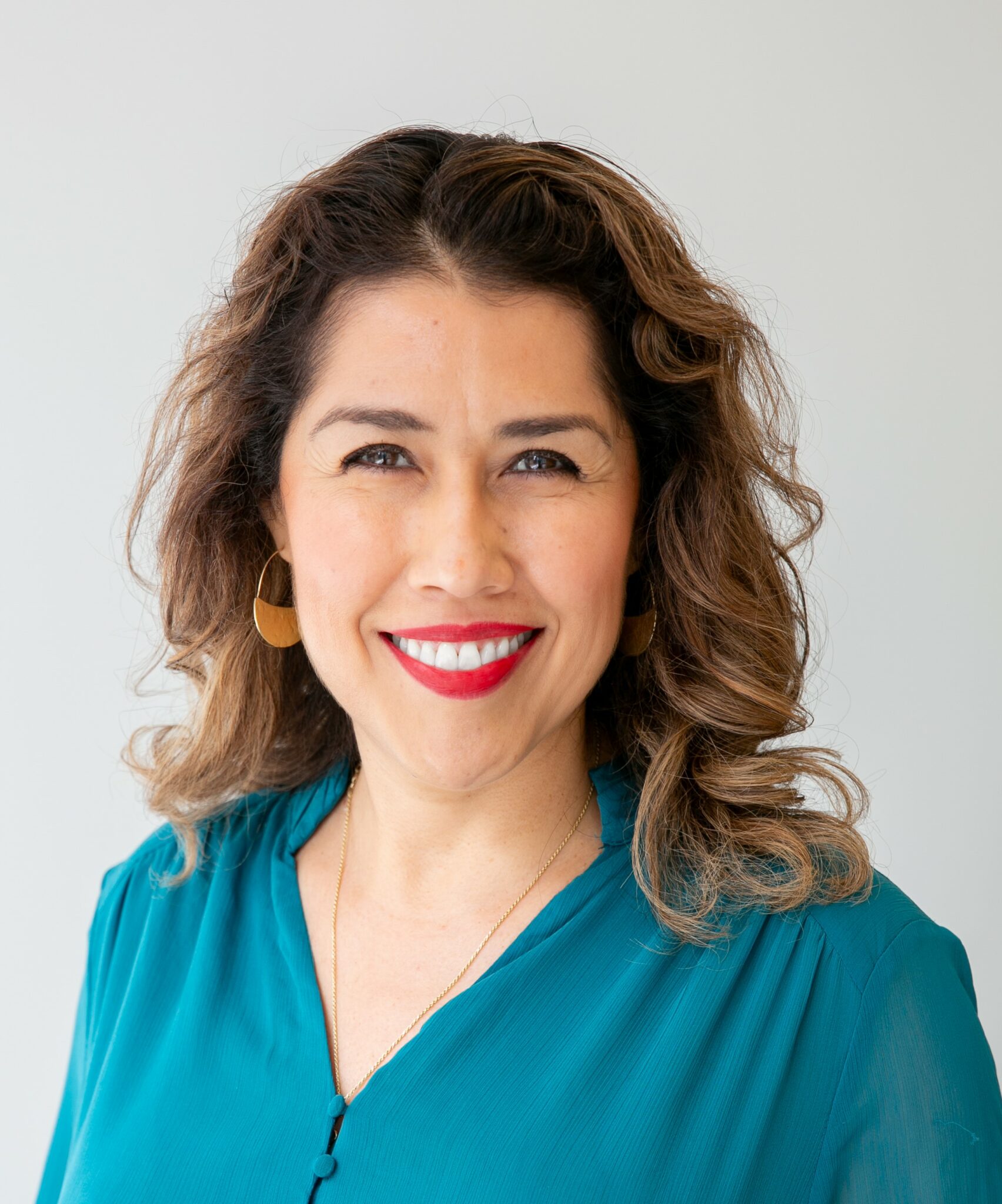When you walk into the doctor’s office and enter the exam room, the first face that greets you is usually not the doctor: it is a nurse. Nursing is a highly rewarding career path for people who are interested in working in the healthcare system, but who do not want to pursue a career as a doctor. Yet if you are considering a nursing career, you may be wondering, “Do nurses have job security?”
According to the Bureau of Labor Statistics, the answer to this question is “yes.” From 2020 to 2030, the BLS expects to see a 9% growth in demand for registered nurses. As nursing shortages continue to be a problem, that demand may grow even more. As of 2020, the average pay for nurses was $75,330 a year, meaning it is a lucrative option as well.
Wherever you have healthcare, you will have nurses. If you choose to pursue this career path, you will find many career options to pursue, and most of them have job security. Understanding why the career is in high demand is helpful as you consider your education options. Here’s a closer look at what makes nursing a stable career option to pursue.
Why Nursing Jobs are in High Demand
The healthcare industry is one with strong job security. According to AMN Health Care, aging is the biggest driver of healthcare demand. People over the age of 65 experience three times as many hospital stays as other demographics, and that demographic is growing. As the Baby Boomer generation continues to age, and the generations after them taking a more active role in their own healthcare, the demand for health care services has risen. Nurses are a key component of that healthcare.
Add to this the recent changes in healthcare brought on by the COVID-19 pandemic, and nursing remains a high-demand field. If you are considering a career in the healthcare system, nursing job security is a major perk.
Are All Nursing Positions in Demand?
Most nursing positions are in high demand. However, there are some specific areas that are seeing more growth than others. These include:
Critical Care Nurses
Critical care nurses provide care to patients who have life-threatening conditions. This intense career is always in high demand because critical patients need round-the-clock care. Critical care nurses also sometimes specialize in a particular field, like oncology or pediatrics, to help better fine-tune their work.
Nurse Midwives
Nurse midwives provide prenatal care, gynecological care, and, in some states, care during a birth. This field is growing as more and more expectant mothers embrace a natural delivery routine. Nurse midwives may assist women with birthing at home or in a hospital setting, but they focus on more natural and personable care whenever possible.
Operating Room Nurse
OR nurses help physicians during and after surgical procedures. This is a high-demand field because of the large number of people electing to have surgery, both for necessary and optional purposes. OR nurses help keep patients calm and help ensure the surgeon has the tools necessary for the procedure. They also help prepare the operating room for the procedure and monitor patients during recovery.
Nurse Practitioner
A nurse practitioner carries at least a Master of Science in Nursing and can do more with patient care than an RN. Nurse practitioners can treat patients, prescribe medications, and diagnose patient conditions. They usually work under the oversight of a doctor, but they can take non-complicated cases and provide basic patient care, freeing the doctor to see patients with more complex issues. Nurse practitioners can also specialize in a particular healthcare field, like family practice or pediatrics.
The Affordable Care Act’s Impact on Nursing
The aging population is just one factor that impacts the growth of the nursing field. Nurses are also in higher demand due to changes in the healthcare industry brought on by the Affordable Care Act (ACA).
The ACA increased the number of people who were able to get health insurance. With insurance in place, many more patients began visiting the doctor or the emergency room for care. This change happened alongside a sudden drop in the number of physicians available to care for patients, and as such the care of this influx fell heavily on nurses—or, more specifically, nurse practitioners.
The ACA also increased the number of people who were visiting the emergency room and outpatient urgent care centers. This, in turn, added to the demand for skilled nurses to help assess patients and determine the level of care they need. This contributed to the amount of job security in nursing. Without nurses on the job, these patients would not get care.
Job Security Due to the COVID-19 Pandemic
The pandemic added to the job security of nurses, as many areas of the country found themselves facing nursing shortages in a time when nursing care was in high demand. Currently, according to Registered Nurse Jodi Barschow of the Oregon Federation of Nurses and Health Professionals, emergency rooms and critical care areas do not have enough staff to fill this need for the patients they are seeing. As such, those who are ready and willing to work in nursing have a high level of job security.
How Do I Get Started in Nursing?
If you are interested in a nursing career, the first step is to pursue a degree in nursing. Many nurses start as registered nurses, or RNs, through a diploma or associate degree program, but some will pursue a Bachelor of Science in Nursing first. While either option will give you the right qualifications to launch your career, more and more health care facilities are prioritizing BSNs over other entry-level credentials for their RNs.
Through the course of your studies, you will take classroom courses that provide education about healthcare, human anatomy, and the ethics of the healthcare system. Once you complete your coursework, you will need to complete several hours of clinical study, which gives hands-on training in nursing.
Once you have your degree, you will need to apply for a nursing license. After passing your nursing exams, you will be licensed to work as a nurse.
If you wish to take your career to another level, you can pursue a Master of Science in Nursing. This provides the training needed to become a leader or educator in the world of nursing, which opens more potential career paths.
Are you interested in becoming a holistic nursing professional?
Visit the links below to explore our holistic nursing programs:
Is There an Opportunity for Career Growth in Nursing?
Nursing is a field that offers many opportunities for career growth. If you are wondering how to get a job in nursing, the first step is the right training.
Some nurses will start with just a nursing certificate that allows them to work as a CNA or LPN. This can let you start your career while you pursue additional training if that is the right option for your needs.
However, if you start your career as an RN, you are able to provide patient care and education right away. Pursuing a Bachelor of Science in Nursing makes it possible to pursue leadership roles within the healthcare industry, while a master’s in nursing may make it possible to teach and educate other nurses. Nurses can also earn a master’s degree to become a nurse practitioner. A nurse practitioner is able to treat patients and prescribe medication under the oversight of a doctor.
Pacific College of Health and Science offers online degrees in nursing, including RN to BSN programs, and Master of Science in Nursing programs. If you are interested in learning more about earning your nursing degree online from Pacific College of Health and Science, visit admissions or contact us today.
Featured Posts:

